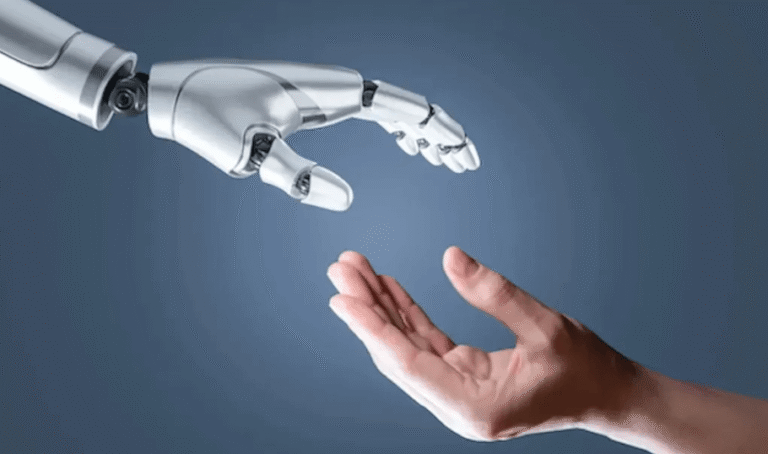How Artificial Intelligence Is Transforming the Music Industry
Artificial Intelligence is fundamentally altering the music industry landscape. Through AI-generated compositions, creative boundaries are expanding, allowing for unprecedented collaborations. Smart algorithms are tailoring the listening experience, enhancing user engagement. Furthermore, data-driven insights are streamlining production and marketing strategies. These advancements raise questions about the implications for artists and fans alike. What does this mean for the future of music creation and consumption? The answers may redefine the industry as we know it.
AI-Generated Music: Redefining Creativity
AI-generated music is rapidly transforming the landscape of creativity within the music industry. By enabling unprecedented creative collaboration between humans and machines, AI tools facilitate diverse artistic expressions.
However, this innovation raises ethical considerations surrounding authorship and copyright. As artists embrace AI, they must navigate the tension between harnessing technology and preserving the integrity of their creative freedoms, ensuring a balanced artistic future.
Smart Algorithms: Personalizing the Listening Experience
How do smart algorithms transform the way listeners engage with music?
By leveraging user preferences, these advanced recommendation systems curate personalized playlists that resonate with individual tastes.
This data-driven approach not only enhances user satisfaction but also fosters a deeper connection to music.
As listeners enjoy tailored experiences, the freedom to explore diverse genres and artists expands, reshaping their musical journey.
Data-Driven Insights: Shaping the Future of Music Production
Innovation in the music production landscape increasingly hinges on data-driven insights, fundamentally altering the creative process.
Music analytics enables producers to identify trends and consumer preferences, enhancing production efficiency. By leveraging vast datasets, creators can optimize their workflows, making informed decisions that resonate with audiences.
This data-centric approach not only fosters creativity but also ensures a more agile response to the ever-evolving musical landscape.
Read more: How Robotics Is Impacting the Food Industry
The Impact of AI on Music Distribution and Marketing
As the music industry continues to evolve, the integration of artificial intelligence into distribution and marketing strategies has emerged as a pivotal force driving efficiency and effectiveness.
AI enhances streaming services by optimizing content delivery and leveraging data analytics for targeted advertising. These advancements enable artists and labels to reach specific demographics, ultimately fostering greater engagement and maximizing revenue opportunities within a competitive landscape.
Conclusion
As artificial intelligence gracefully waltzes into the music industry, it subtly reshapes the creative landscape, whispering new melodies of innovation. This harmonious collaboration between human artistry and machine intelligence not only personalizes the listening experience but also illuminates the path for data-driven production and marketing strategies. In this evolving symphony, opportunities for revenue and fan engagement blossom, heralding a future where technology and creativity coalesce to form a rich tapestry of musical expression.






